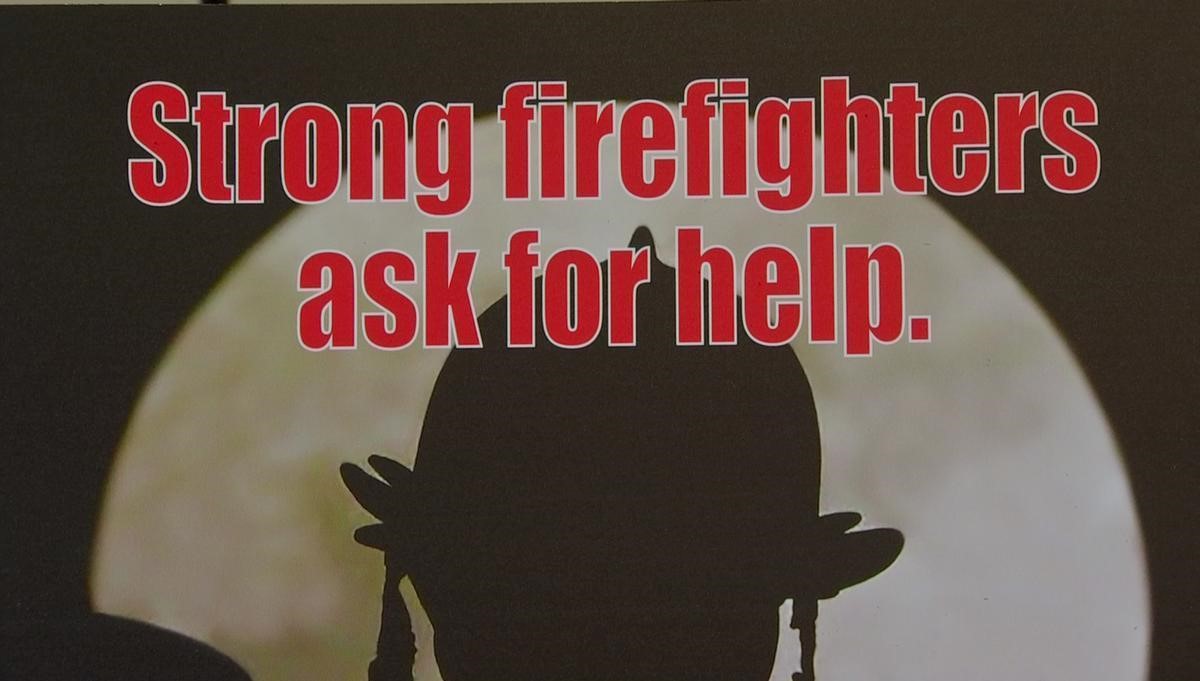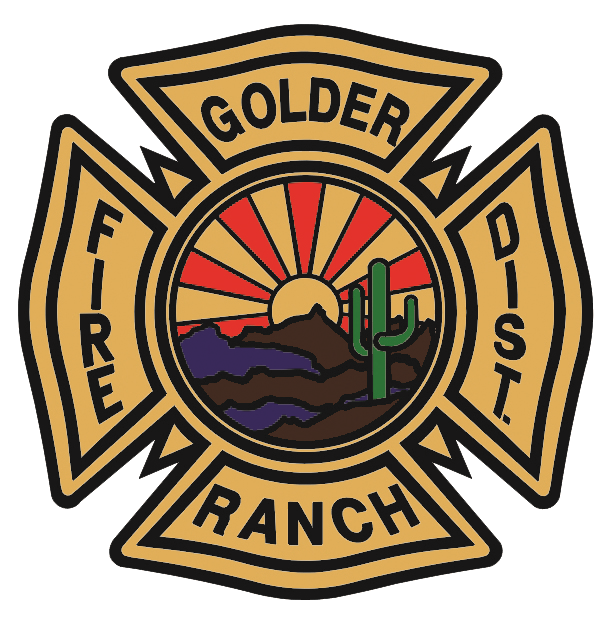Substance Abuse
"Patterns of repeated drug or alcohol use that interferes with health, work, or social relationships”Substance Abuse
Firefighters spend their days braving structure and building fires, responding to emergencies and saving lives. However, between long shifts and traumatic calls, countless firefighters develop conditions like post-traumatic stress disorder (PTSD), acute stress disorder (ASD), anxiety and depression.
Many men and women struggling with these issues turn to drugs and alcohol to cope with them. Because of the physically demanding nature of firefighting, firefighters are frequently injured on the job, and with each injury sustained there is a chance they may become addicted to pain killers during their recovery.
Why Do Firefighters Turn to Substances?
Irregular Work Schedule – Working 10 days a month leaves a lot of free time. The lack of a consistent work schedule gives firefighters more time to indulge in alcohol-related activities.
Socialization – Many people use alcohol as a means to socialize, and firefighters are no different. Firefighting encourages an atmosphere of camaraderie, and off-duty drinking is a way to bond with co-workers after long hours at work.
Stress – A Forbes article ranks firefighting as the second most stressful job in 2016.
Compassion fatigue – Result of hearing, seeing, or sympathizing the first-hand trauma experiences of another. Symptoms of compassion fatigue often mimic those of PTSD. Those experiencing compassion fatigue may encounter changes in memory and perception, alterations in their sense of self-efficacy, a deletion of personal resources and disruptions in their perceptions of safety, trust and independence. They may also appear indifferent to the troubles of others.
Burnout – Burnout is often characterized by emotional exhaustion, depersonalization and reduced feelings of personal accomplishment. While also work-related, burnout develops due to general occupational stress.
Vicarious trauma – Vicarious trauma is a rare trauma condition that occurs when secondary trauma is not addressed. When the feelings associated with secondary trauma are experienced for a long time, a person can become so distressed that the way they view the world changes for the worse.
Signs of Addiction and Mental Health Issues in Firefighters
There are various ways to tell if someone is struggling with addiction or mental health issues. Both physical, outward signals and more subtle psychological symptoms may help in identifying if someone is in trouble.
Some Attitude or Behavioral Indicators of Substance Abuse Include:
- difficulty concentrating, focusing or completing a task
- appearing distracted or disoriented
- making inappropriate or unreasonable choices
- struggling to make decisions
- experiencing lapses in memory or complete blackout of events
- needing direction constantly
- struggling to recall specific details
- needing assistance with basic tasks like filling out paperwork
Possible Alcohol and Substance Abuse Indicators Include:
- burned fingers or lips, or needle marks on arms
- slurred speech, stuttering or incoherency
- has trouble maintaining eye contact
- has dilated or constricted pupils that do not change when exposed to light
- tremors, shaking or twitching of hands and eyelids
- hyperactivity or appearing overly energetic
- appearing lethargic or falling asleep randomly
- impaired coordination
- speaking very slowly or very fast
- extreme mood swings
- appearing fearful or anxious or having panic attacks
- increasingly angry or defiant
- being impatient, irritated or highly irritable
Strategies to help cope with addiction
- Focus on the four core components of resilience: adequate sleep, good nutrition, regular physical activity and active relaxation (yoga or meditation.)
- Get enough sleep, or at least rest.
- Get enough fluids to stay hydrated and eat the best quality foods you can.
- Complete basic hygiene tasks like combing your hair, brushing your teeth and changing you clothes. Wearing clean clothes can make you feel better.
- Try to wash up when you leave work, even if it is just your hands and face. Think of it as a way to “wash away” the difficulties of the day.
- Make time to learn about the people you work with. Taking time for conversations will help in developing positive feelings towards yourself and others.
- Engage with your coworkers to celebrate success and mourn sorrows as a group.
- Take time to be alone so you can reflect and rest.
- Practice your spiritual beliefs or reach out to a faith leader for support.
- Take time away from work, when possible. Removing yourself from the stress can help you remember that not every place is going through such hard times.
- Try to find things to look forward to.
- Communicate with friends and family as best you can.
Help and Support
If you or somebody close to you is feeling the effects of substance abuse there are plenty of resources available.
- Navigate the Golder Wellness app to Peer Support and ask one of the Peer Support Team members for information
- Contact EAP
- Contact the Health and Safety Division
- Your medical insurance usually covers rehab and detox facilities.

FOR AN EMERGENCY SITUATION NEEDING ASSISTANCE ASAP – CONTACT 911
Disclaimer
The information provided is just a resource and should never be substituted for professional help.
If you are in need of assistance, please click the Jorgensen Brooks – EAP button to get information about the resources available.
